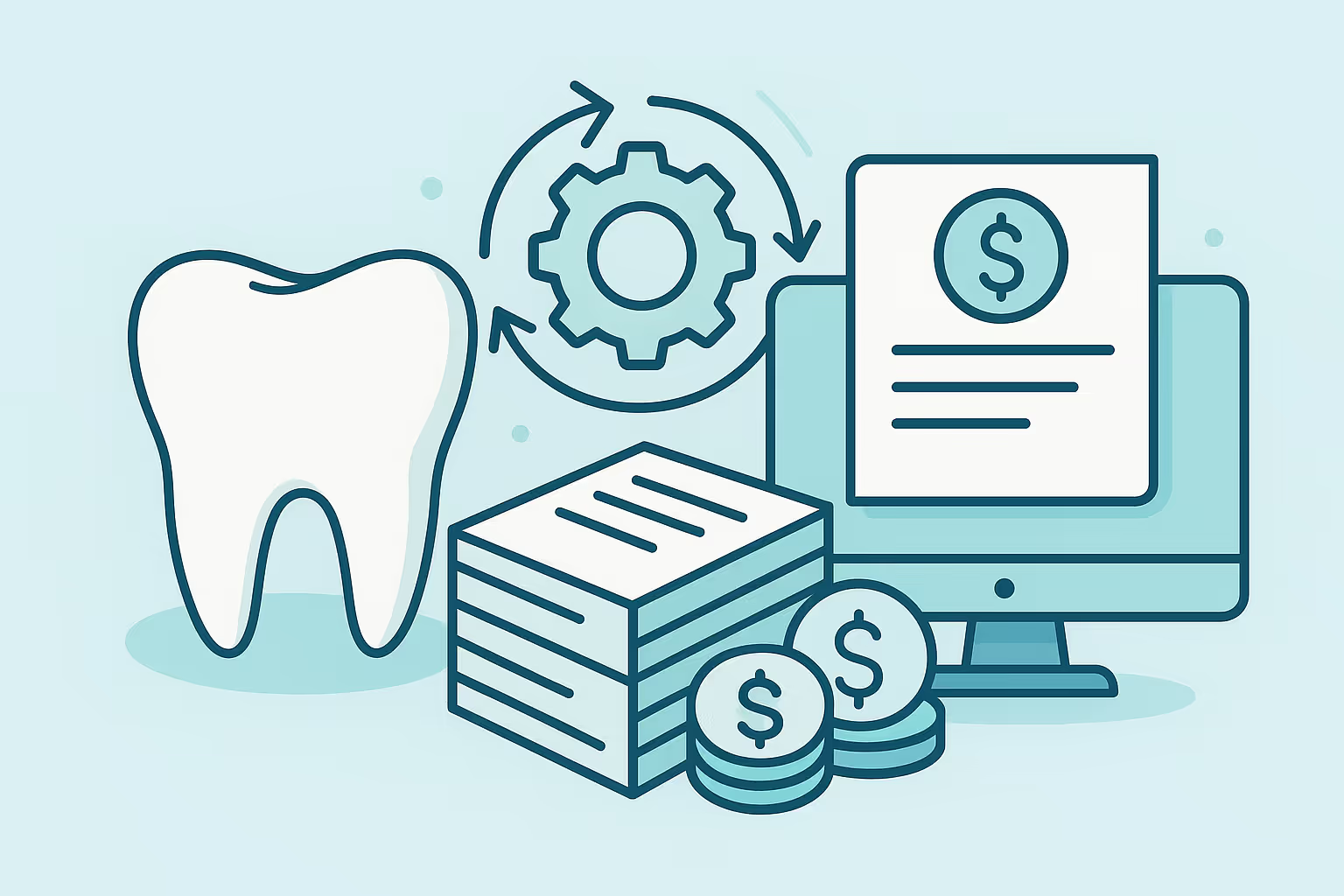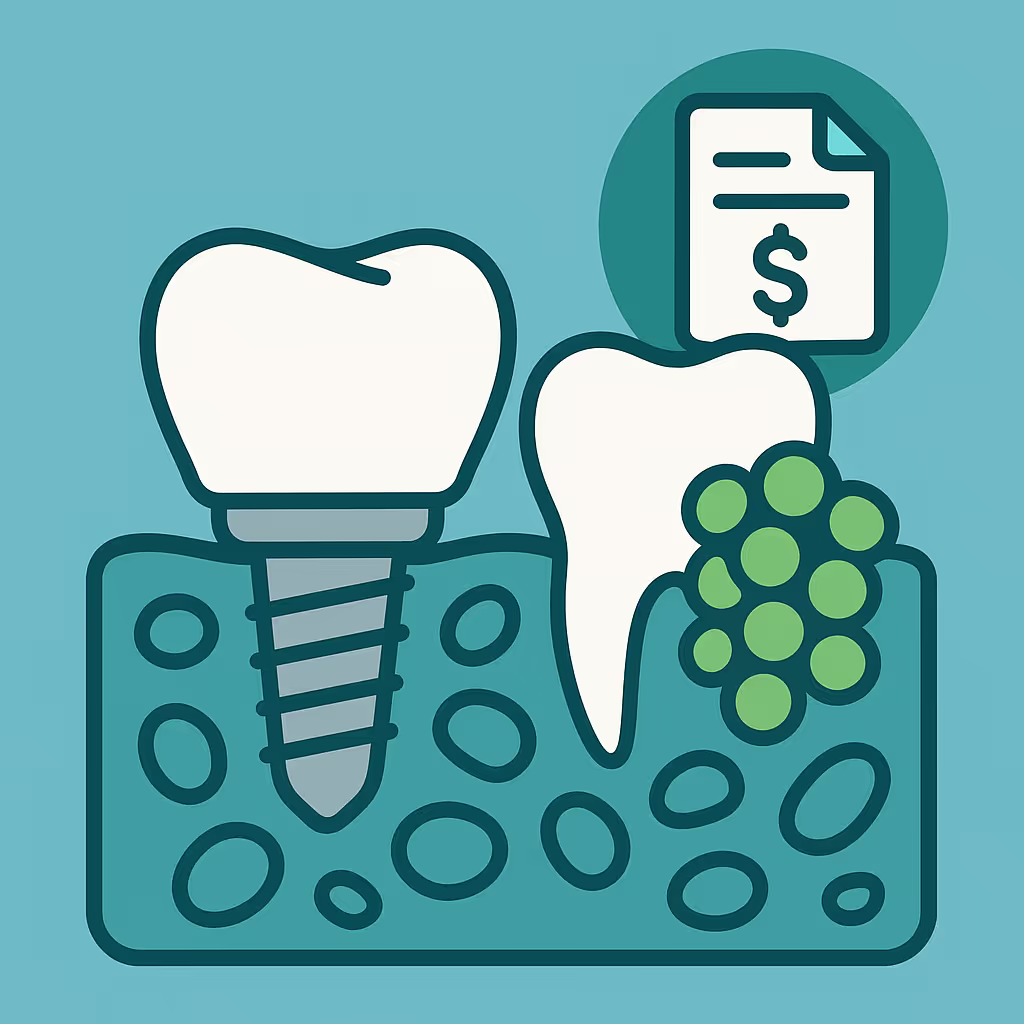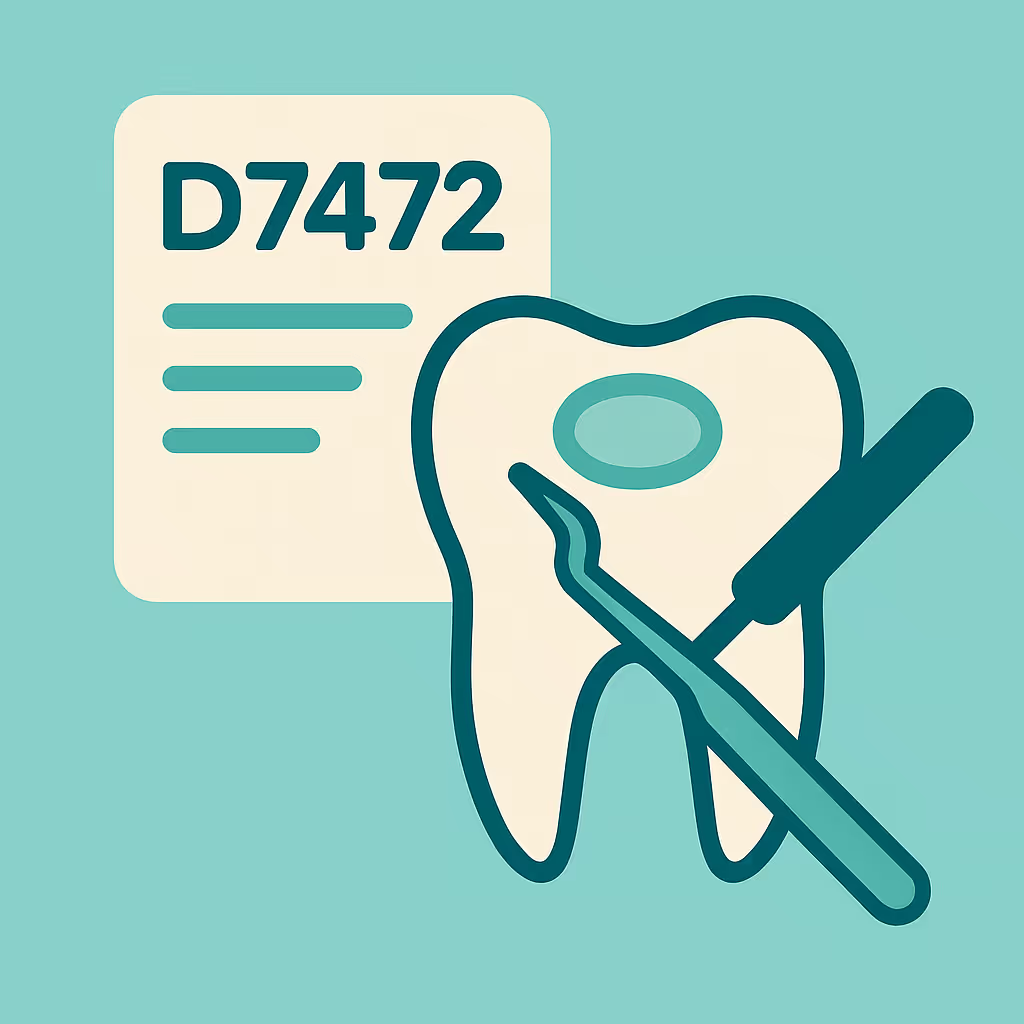Top Dental RCM Companies and How They Help Your Practice
What is Revenue Cycle Management in Dentistry?
Revenue Cycle Management (RCM) in dentistry refers to the end-to-end process that dental practices use to track patient care episodes from initial appointment scheduling to the final payment of the balance. Effective RCM ensures that every service provided is accurately billed, claims are submitted correctly, and payments are collected efficiently. This process covers critical steps such as insurance verification, coding procedures using CDT codes, claim submission, payment posting, managing accounts receivable (AR), and handling claim denials or appeals. In today’s complex insurance landscape, mastering RCM is essential for maintaining healthy cash flow and minimizing revenue leakage.
Services RCM Companies Provide
Dental revenue cycle management companies offer a comprehensive suite of services designed to optimize your practice’s financial performance. These typically include:
- Insurance Verification: Confirming patient eligibility and benefits before appointments to reduce claim denials.
- Accurate Coding: Ensuring all procedures are coded correctly with up-to-date CDT codes to maximize reimbursement.
- Claim Submission: Preparing and submitting clean claims promptly to insurance payers.
- Payment Posting: Applying payments to patient accounts and reconciling Explanation of Benefits (EOBs).
- AR Management: Following up on unpaid claims, sending patient statements, and managing collections.
- Claim Appeals: Identifying underpaid or denied claims and submitting appeals with supporting documentation.
- Reporting & Analytics: Providing actionable insights into your practice’s financial health and identifying areas for improvement.
By leveraging these services, dental practices can focus on patient care while experts handle the intricacies of billing and collections.
Leading RCM Service Providers for Dental Practices
Several specialized dental RCM companies have established themselves as industry leaders by delivering consistent results and adapting to evolving payer requirements. While each provider offers unique strengths, top companies typically share these best practices:
- Dedicated Dental Billing Teams: Employing certified dental billers who understand the nuances of dental insurance and CDT coding.
- Technology Integration: Seamlessly connecting with your practice management software for real-time claim tracking and reporting.
- Transparent Communication: Providing regular updates and clear reporting on AR, claim status, and collections performance.
- Proactive Denial Management: Monitoring EOBs, identifying trends in denials, and implementing corrective actions quickly.
When evaluating RCM companies, look for those with a proven track record in dental billing, strong client testimonials, and a commitment to ongoing staff training and compliance with HIPAA and industry standards.
Benefits of Outsourcing RCM vs In-house
Deciding whether to outsource RCM or keep it in-house is a pivotal choice for dental practices. Here’s how outsourcing can benefit your office:
- Expertise: Access to specialized billing professionals who stay current with payer policies and CDT code updates.
- Efficiency: Streamlined processes reduce claim errors, speed up collections, and lower days in AR.
- Cost Savings: Eliminate the need for additional in-house staff, training, and software investments.
- Scalability: Easily adjust services as your practice grows or faces seasonal fluctuations.
- Focus on Patient Care: Free up your team to concentrate on delivering quality dental care rather than administrative tasks.
However, in-house RCM may offer more direct control and immediate access to billing information, but it often requires significant investment in staff training and technology. Outsourcing to a reputable dental RCM company can help mitigate risks, improve cash flow, and provide peace of mind.
Selecting an RCM Partner: Key Considerations
Choosing the right RCM partner is critical to your practice’s financial success. Here are key factors to evaluate:
- Dental Industry Focus: Select a company with deep experience in dental billing, not just general medical RCM.
- Technology Compatibility: Ensure seamless integration with your existing practice management and EHR systems.
- Transparency: Look for clear reporting, open communication, and a defined escalation process for claim issues.
- Compliance: Verify adherence to HIPAA and all relevant privacy and security regulations.
- References and Results: Request client references and case studies demonstrating improved collections and reduced AR days.
By carefully vetting potential partners, dental practices can find an RCM company that aligns with their goals, enhances revenue, and supports long-term growth.





